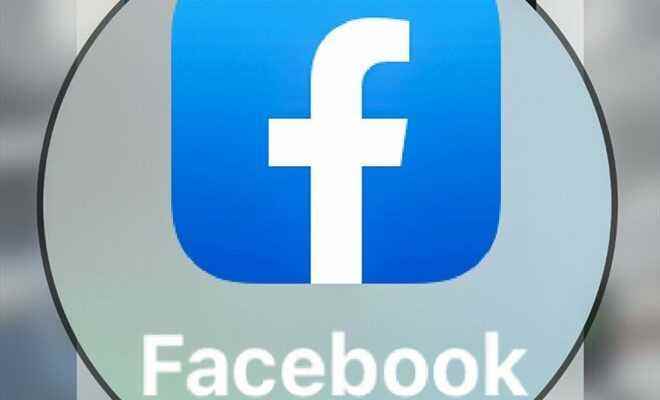Facebook logo (AFP/Archives/DENIS CHARLET)
Kenya said on Saturday, in the midst of the August 9 presidential campaign, that social media would not be blocked, after an independent body threatened to suspend Facebook if hate speech was not removed from the platform.
“The media, including social media, will continue to enjoy freedom of the press in Kenya,” tweeted Joe Mucheru, Kenya’s Minister of Information, Communications and Technology. “The government is on the case. We are NOT shutting down the internet.”
Home Minister Fred Matiang’i also said Kenyans’ right to free expression is enshrined in the Constitution. “We have no intention of encroaching on this right,” he assured.
Kenya’s National Cohesion and Integration Commission (NCIC) on Friday gave Facebook a seven-day ultimatum to remove hate speech from its platform or risk being suspended in the country.
This warning came in the middle of the electoral campaign for the presidential election of August 9.
The NCIC, which is responsible for, among other things, tracking down any words or writings likely to incite hatred and violence, said it sent recommendations to Facebook’s parent company, Meta, following a report that it allegedly authorized more than a dozen hateful political posts.
The NCIC is an independent ethnic cohesion watchdog set up after the 2007-2008 post-election violence that left more than 1,000 people dead.
Its recommendations followed a report by advocacy group Global Witness and UK-based legal activist firm Foxglove claiming that Facebook had accepted and run at least 19 adverts calling for rape, massacre and beheading in English and in Swahili.
Asked about the NCIC warning, a spokesperson for Meta said it is taking “extensive steps to help us detect hate speech and violent content in Kenya and we are stepping up these efforts ahead of the election.”
But “despite these efforts, we know there will be things we miss or pick up in error, because machines and people make mistakes. That’s why we have teams monitoring the situation closely and correct these errors as soon as possible,” he said.
The NCIC does not have the power to suspend Facebook but can make recommendations to the government communications authority.
Kenyans must elect a new president on August 9, but also several hundred deputies and around 1,500 county officials.
This country, considered the economic powerhouse of East Africa, has long suffered from politically motivated communal violence during elections, often blamed on hate speech.
Tech giants, including Facebook, have been accused of failing to do enough to crack down on a long list of banned content, ranging from hate speech to misinformation and child sex abuse images.
A study by British media found that Cambridge Analytica, a British consulting firm, used the personal data of millions of Facebook users to target political ads and spread misinformation during Kenya’s 2013 and 2017 presidential campaigns. .
AFP is a partner of Meta, providing fact-checking services in Asia-Pacific, Europe, the Middle East, Latin America and Africa.
© 2022 AFP
Did you like this article ? Share it with your friends with the buttons below.




